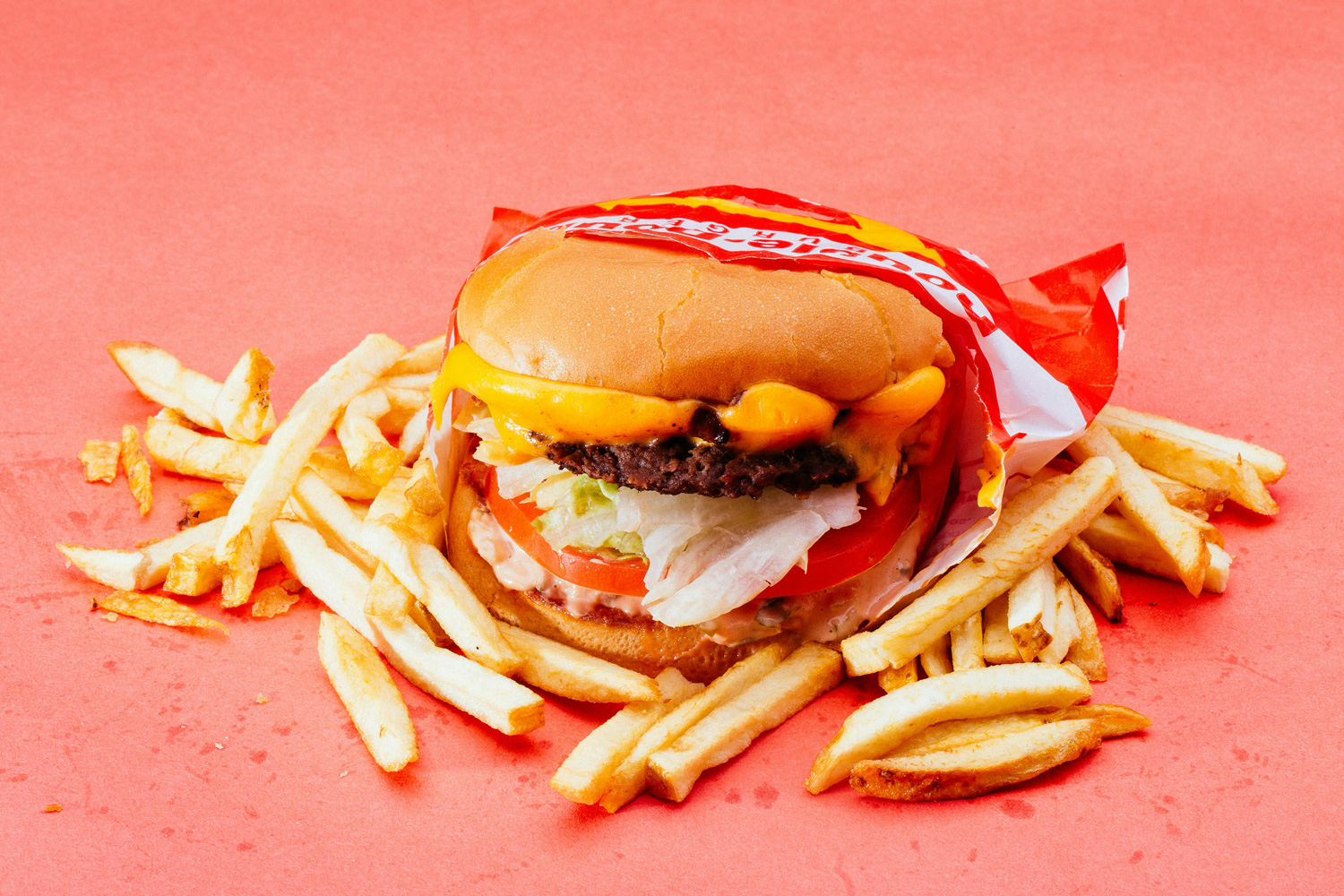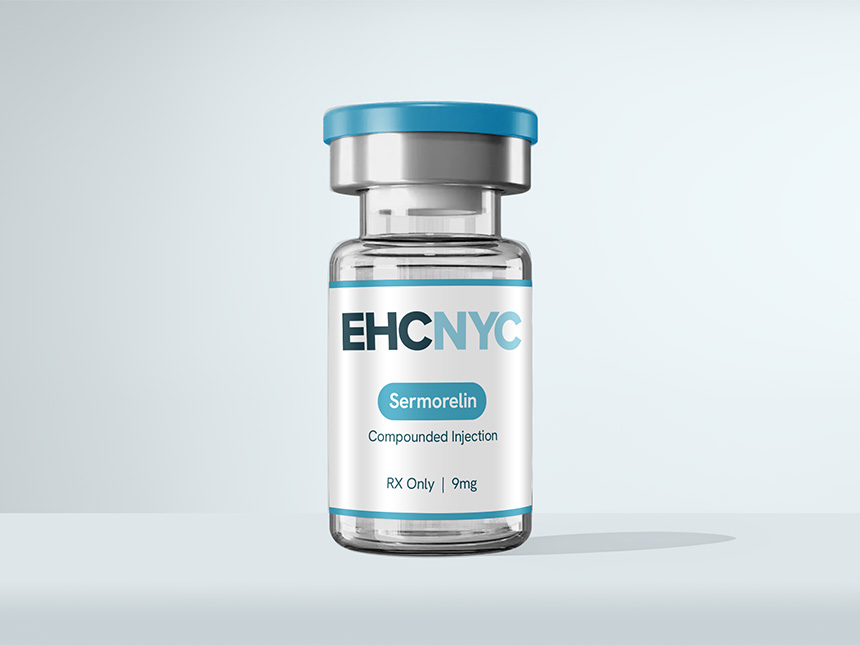
What is Semaglutide?
Semgalutide has become a widely discussed medication for weight management and type 2 diabetes treatment due to its benefits.
Back to Basics: What is semaglutide?
To maximize its effectiveness and minimize potential side effects, it’s important to make dietary adjustments.
What Foods Should You Avoid When Taking Semaglutide
Highly Processed Foods
Foods that are heavily processed often contain high levels of refined sugars, unhealthy fats, and artificial sweeteners. Consuming items like packaged snacks, sugary cereals, and fast food can lead to digestive issues such as bloating and nausea, which are common side effects of Semaglutide.
These foods provide minimal nutritional value and can lead to increased cravings and weight gain. To maintain digestive comfort and improve treatment, opt for whole, nutrient-dense foods such as fresh fruits, vegetables, lean proteins, and whole grains.
How Much Protein Should I Eat On Semaglutide?
Sugary Beverages
Sugary drinks, including sodas, energy drinks, and sweetened coffees, can contribute to rapid blood sugar spikes. Semaglutide helps regulate blood sugar, so consuming high-sugar beverages can prevent this benefit and potentially lead to increased cravings and weight gain.
Regular intake of sugary beverages can also increase the risk of insulin resistance and obesity over time. Replace these drinks with water, herbal teas, or unsweetened beverages to stay hydrated without added sugars.
More on foods to eat: List of Foods to Eat While on Semaglutide
High-Fat Fried Foods
Greasy, deep fried foods like fries, fried chicken, and onion rings are not only calorie-dense but also hard to digest. These foods can worsen digestive system side effects of Semaglutide.
They are also linked to increased cholesterol levels and inflammation, which can compromise cardiovascular health. Instead, choose baked, grilled, or air-fried options that are easier on your system and contribute to a healthier diet.
Alcohol
Alcohol can affect blood sugar levels and increase the likelihood of gastrointestinal issues. Drinking excessively may also interfere with your body’s ability to absorb nutrients properly, which can impact the treatment.
Alcohol can damage decision-making, leading to poor dietary choices that might disrupt your progress. Limit alcohol intake or avoid it altogether for the best outcomes.
High-Glycemic Carbohydrates
Carbohydrates with a high glycemic index, such as white bread, white rice, and pastries, can lead to fast spikes in blood sugar. Since Semaglutide works to stabilize blood sugar, consuming these foods can be ineffective. High-glycemic carbohydrates can also increase hunger and cause energy crashes, which may ruin your efforts in weight loss.
Opt for whole grains like quinoa, brown rice, or whole wheat bread that release sugar more gradually into the bloodstream, supporting more consistent energy levels.
How to Make Healthier Choices on Semaglutide
- Prioritize protein-rich foods like lean meats, tofu, beans, and legumes to support muscle health.
- Include plenty of fiber through vegetables, fruits, and whole grains to help digestion and promote a feeling of fullness.
- Stay hydrated with water and other low-sugar beverages to support your body’s natural processes and reduce the risk of side effects.
- Incorporate healthy fats, such as those from avocados, olive oil, and nuts, to maintain balanced nutrition without excessive calorie intake.
While Semaglutide can be a powerful tool for weight management and diabetes control, a supporting diet plays an important role in its effectiveness. By avoiding these unhealthy habits and being mindful of other potential triggers, you can improve your treatment experience and work towards better health outcomes.














